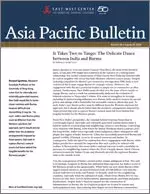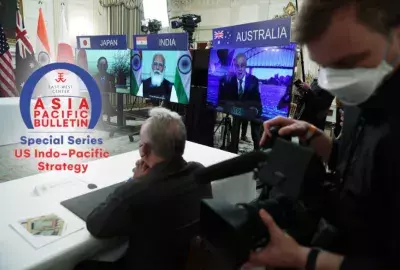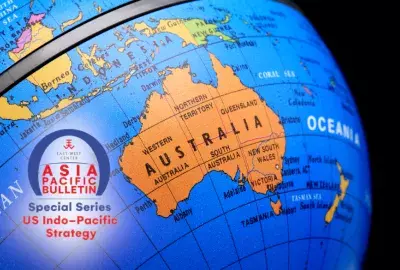Error message

India's decision to welcome Senior General Than Shwe, the head of the Burmese junta, in late July 2010 might have exhibited all the radiance of a reinvigorated relationship, but careful consideration of what exactly New Delhi has fostered with its eastern neighbor will reveal that Indo-Burmese relations remain uneasy. Despite enduring sympathies for Burma's pro-democracy stirrings since 1988, India is now convinced that it must engage Burma for strategic reasons. However, the engagement with Burma's praetorian leaders is simply not as constructive as often claimed. If it wants to strengthen its leverage, including its democratizing influence over Burma, India needs to reassess its current policy and emerge with a formidable but actionable vision to obtain that goal. Renaud Egreteau analyzes the state of Indo-Burmese relations and discusses how India's Burma policy should evolve. The views expressed in this publication are those of the author and do not necessarily reflect the policy or position of the East-West Center or any organization with which the author is affiliated. |
India's decision to welcome Senior General Than Shwe, the head of the Burmese junta, in late July 2010 might have exhibited all the radiance of a reinvigorated relationship, but careful consideration of what exactly New Delhi has fostered with its eastern neighbor will reveal that Indo-Burmese relations remain uneasy. Despite enduring sympathies for Burma's pro-democracy stirrings since 1988, India is now convinced that it must engage Burma for strategic reasons. However, the engagement with Burma's praetorian leaders is simply not as constructive as often claimed. If it wants to strengthen its leverage, including its democratizing influence over Burma, India needs to reassess its current policy and emerge with a formidable but actionable vision to obtain that goal. Renaud Egreteau analyzes the state of Indo-Burmese relations and discusses how India's Burma policy should evolve. The views expressed in this publication are those of the author and do not necessarily reflect the policy or position of the East-West Center or any organization with which the author is affiliated. |







